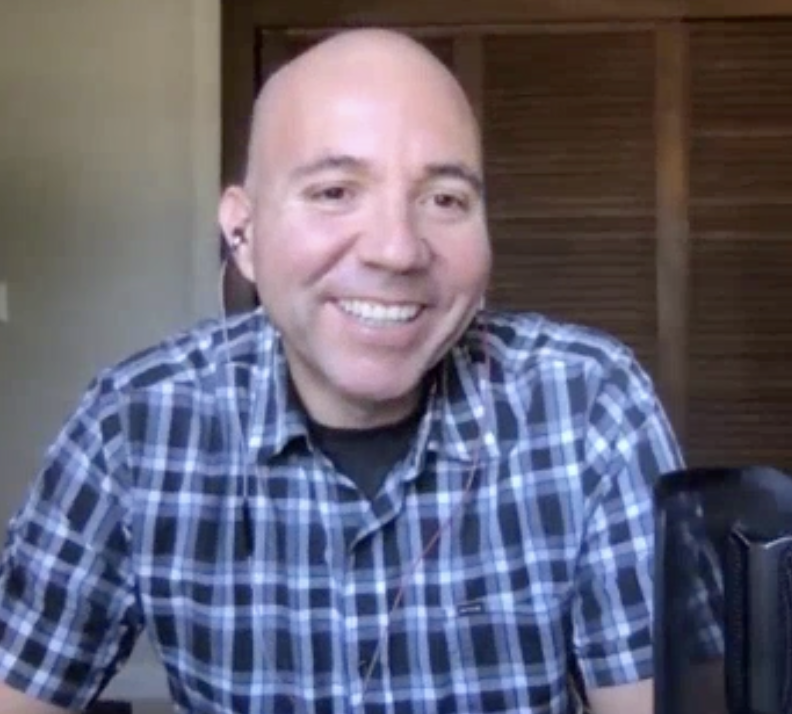African American Readings of Paul – Dr. Lisa M. Bowens
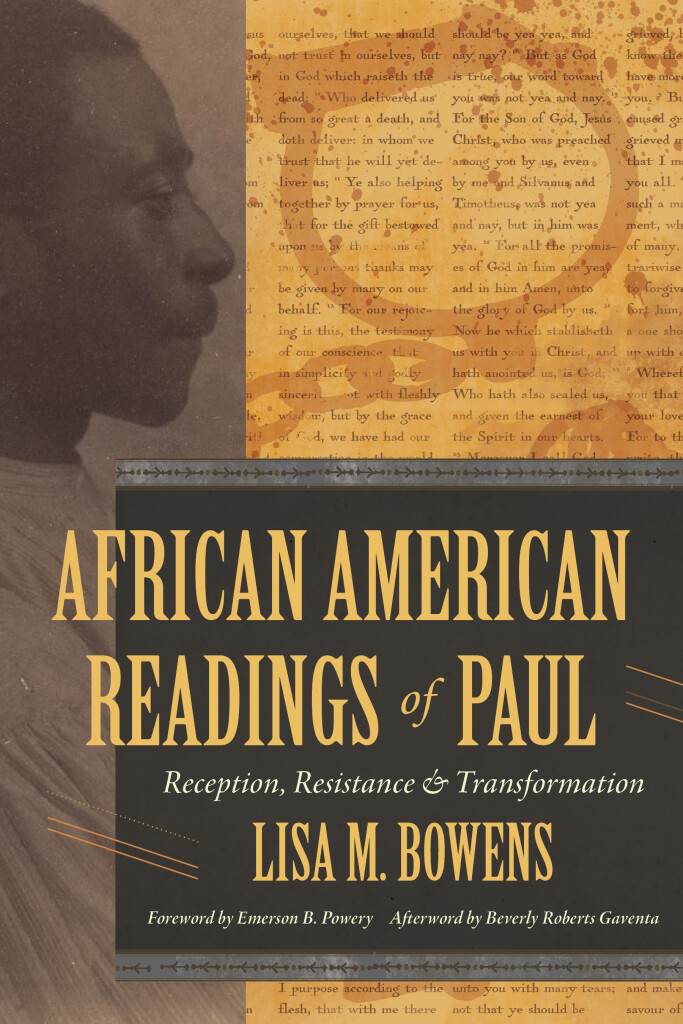 We’re honored to learn from Dr. Lisa M. Bowens about her new book “African American Readings of Paul: Reception, Resistance & Transformation” published by Eerdmans Publishing.
We’re honored to learn from Dr. Lisa M. Bowens about her new book “African American Readings of Paul: Reception, Resistance & Transformation” published by Eerdmans Publishing.
Dr. Bowens provides a historical, theological and biblical analysis of early interpretations of Paul by African Americans from the early 1700s to the mid-twentieth century, especially the passages from Paul directing slaves to obey their masters.
These scriptures were tragically used by American churches and pastors to justify slavery and oppress our Black communities. Churches even developed theological positions that doubted the humanity of Black people or even the idea that African Americans had souls.
Dr. Bowens reveals ways the African American community during this period understood Paul’s writings and used his words to fight oppression, racism and argue for their freedom.
Her detailed research includes an analysis of countless autobiographies of ex-slaves, slave petitions, sermons, biographies and powerful conversion stories. Her fantastic book also includes radical stories of how Jupiter Hammon, Lemuel Haynes, David Walker, Jarena Lee, John Jea, James Pennington, Julia Foote and Harriet Jacobs resisted the oppressive readings of Paul and found power and liberation.
Dr. Lisa M. Bowens is associate professor of New Testament at Princeton Theological Seminary and author of “An Apostle in Battle: Paul and Spiritual Warfare” in 2 Corinthians 12:1-10. Her research interests include Paul and apocalyptic literature, Pauline anthropology, Pauline epistemology, aspects of discipleship in the gospels, African American Pauline Hermeneutics, and New Testament exegesis and interpretation.
You can subscribe or download this show on iTunes, Spotify, Google Podcasts or Stitcher. You can also subscribe to the video series on YouTube.
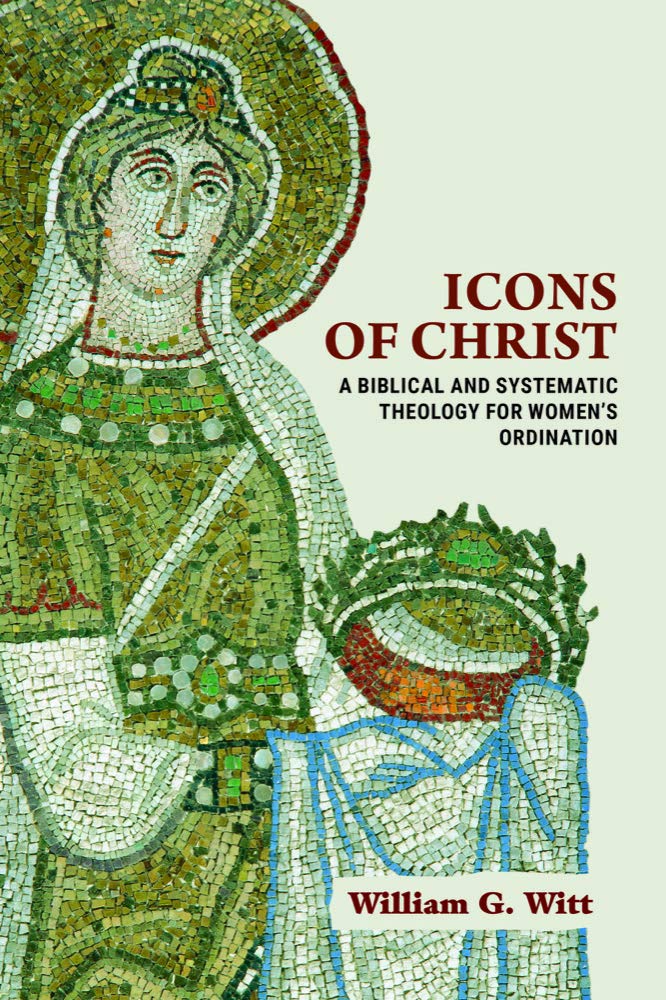 We’re honored to learn from Dr. William G. Witt about his book “
We’re honored to learn from Dr. William G. Witt about his book “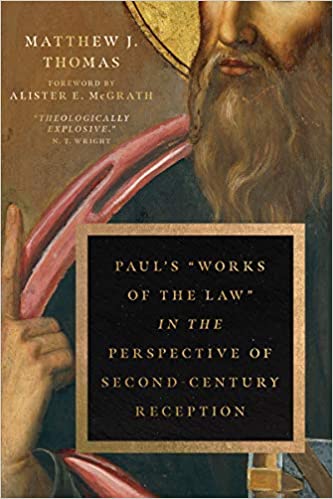 We’re grateful for the opportunity to learn from
We’re grateful for the opportunity to learn from 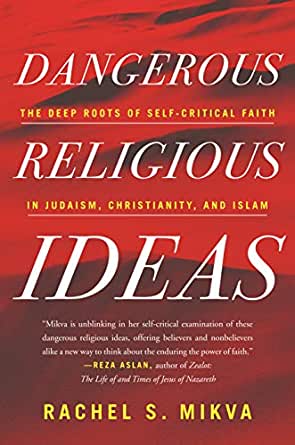 The Bible can provide us with encouragement and wisdom, but also pain and sadness.
The Bible can provide us with encouragement and wisdom, but also pain and sadness.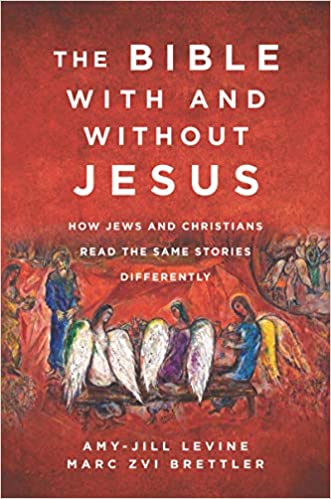 We’re honored to learn from Dr. Amy-Jill Levine and Dr. Marc Zvi Brettler in this week’s podcast about their latest book “
We’re honored to learn from Dr. Amy-Jill Levine and Dr. Marc Zvi Brettler in this week’s podcast about their latest book “ We’re grateful for the opportunity to learn from N.T. Wright about his latest book “
We’re grateful for the opportunity to learn from N.T. Wright about his latest book “ We’re honored to learn from Dr. Walter Moberly about ways to understand the Old Testament — and to learn about his upcoming book:
We’re honored to learn from Dr. Walter Moberly about ways to understand the Old Testament — and to learn about his upcoming book:  Honored to talk with Dr. Jeremy Wade Barrier about his twelve-year journey researching ancient manuscripts and writing his latest book “
Honored to talk with Dr. Jeremy Wade Barrier about his twelve-year journey researching ancient manuscripts and writing his latest book “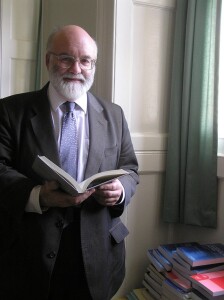 Honored to talk with Dr. John Barton about his latest book “
Honored to talk with Dr. John Barton about his latest book “
